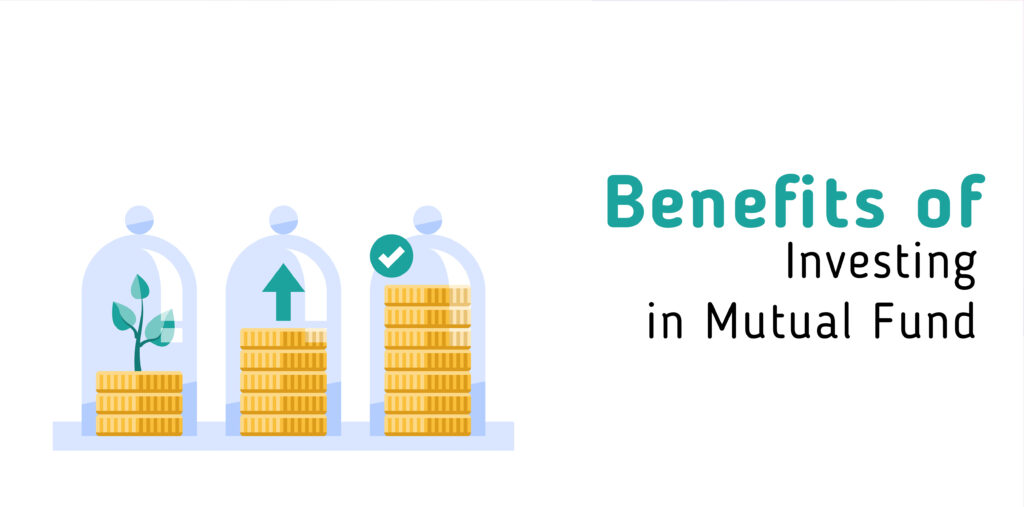Low-cost index funds are the mouth of the town nowadays. True, low-cost index funds are available for a long time now, but they were mostly restricted to the massive cap segment. within the last year, the passive, low-cost funds have made their way into small-cap, mid-cap, thematic, and sectorial fund categories. a number of these new schemes have also seen good inflows. The question being raised is whether should investors drain high-cost schemes for low-cost index funds. The new trend of ultra-cheap schemes is pioneered by a brand new player in the Indian market. Big AMCs also are stepping into the low-cost fund zone. In 2021, around 50 passive schemes were launched and garnered around Rs 1,50,000 crore AUM.
Mutual fund advisors believe that the time is ripe for these new, low-cost, and fewer hassle funds. But they’re undecided whether these schemes may suit every open-end investment company investor. Chiefly passive funds, index mutual funds, and ETFs have lower expense ratios because they only trail a selected Index. Investors that are convinced about passive investing can choose schemes these schemes support their Total Expense Ratio. It is sensible to chop down on the expense once you are just replicating the index returns.
However, Investors who don’t seem to be convinced about passive investing can keep on with active funds. they have not considered the lower expense ratio offered by the passive funds. there’s alpha to be made in many segments of the Indian market, but it’s not up to what it had been five years ago. So, if you’re observing a really long-term view of, say, 10 years plus, I might say index funds be in your core portfolio.
Many financial planners also say investors can safely move to a passive fund with a coffee expense ratio. These schemes are struggling to beat their benchmarks ever since SEBI introduced the stock universe mandate and total return index as benchmarks. it’s true that there’s a rise within the option on the low-cost, passive side but it’s important to also see the sustainability of those costs and their performance. simply because these don’t seem to be pass a fund manager, we won’t totally ignore the performance records. we’ve got to know that we all know nothing about the functioning of many of those low-cost schemes. Investors should bear in mind the concept of the tracking error.
Index schemes cater to tracking errors once they fail to match the index. In fact, the price investors should also look at the tracking error of passive schemes.
Financial planners believe that in many segments like a corporation, mid-cap, and highly cyclical indices, the difference in alpha over an extended period is very low. They believe that if you do not want to fret about the performance of your schemes vis-à-vis your peers and devote less time to managing your money, the low-cost index funds will be for you.
We at MyFinopedia, advocate passive funds and strongly feel that they will be suitable for all investors. However, the investors must be able to embrace the passive style which isn’t always easy. Investors who want to remain for five to seven years and need to bet on high alpha schemes can give these schemes a miss.






